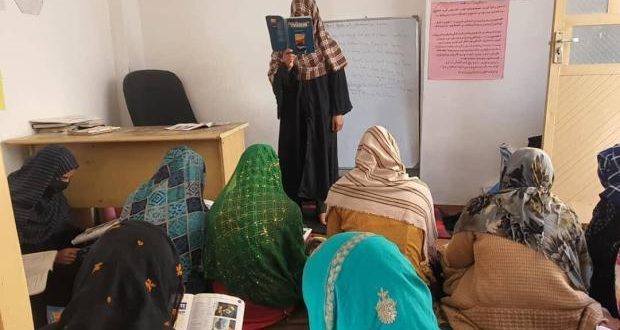AT News
KABUL – June 8 marks 1,000 days since the Taliban imposed a ban on girls over the age of 12 attending school in Afghanistan. The edict, enacted shortly after the Taliban regained control of the country in 2021, has deprived hundreds of thousands of girls of formal education.
Human Rights Watch has warned that Afghan society “will never fully recover” from the resulting loss of potential female professionals, further worsening the country’s already low youth literacy rates.
In defiance of the Taliban’s restrictions, many Afghan girls continue their education in unofficial schools concealed from authorities. These clandestine institutions, supported by international activists, strive to keep the girls academically on par with their global peers, anticipating a potential easing of Taliban policies in the future.
Operating with limited resources, these underground schools rely on funding from groups in southern and eastern Afghanistan. Most secret schools present themselves as Islamic religious schools, or madrasas, to avoid detection. Enforcement of the ban varies significantly across regions, with some areas imposing strict prohibitions while others tolerate these schools through unofficial agreements with local authorities. Educators in different provinces report receiving varying degrees of leniency, with some even being warned by local officials about upcoming inspections from the Taliban-run Ministry of Education.
The United Nations has condemned the Taliban’s policies as a form of “gender apartheid,” describing Afghanistan under the hard-line Islamist regime as a “graveyard of buried hopes” for women and girls.
 Afghanistan Times
Afghanistan Times




